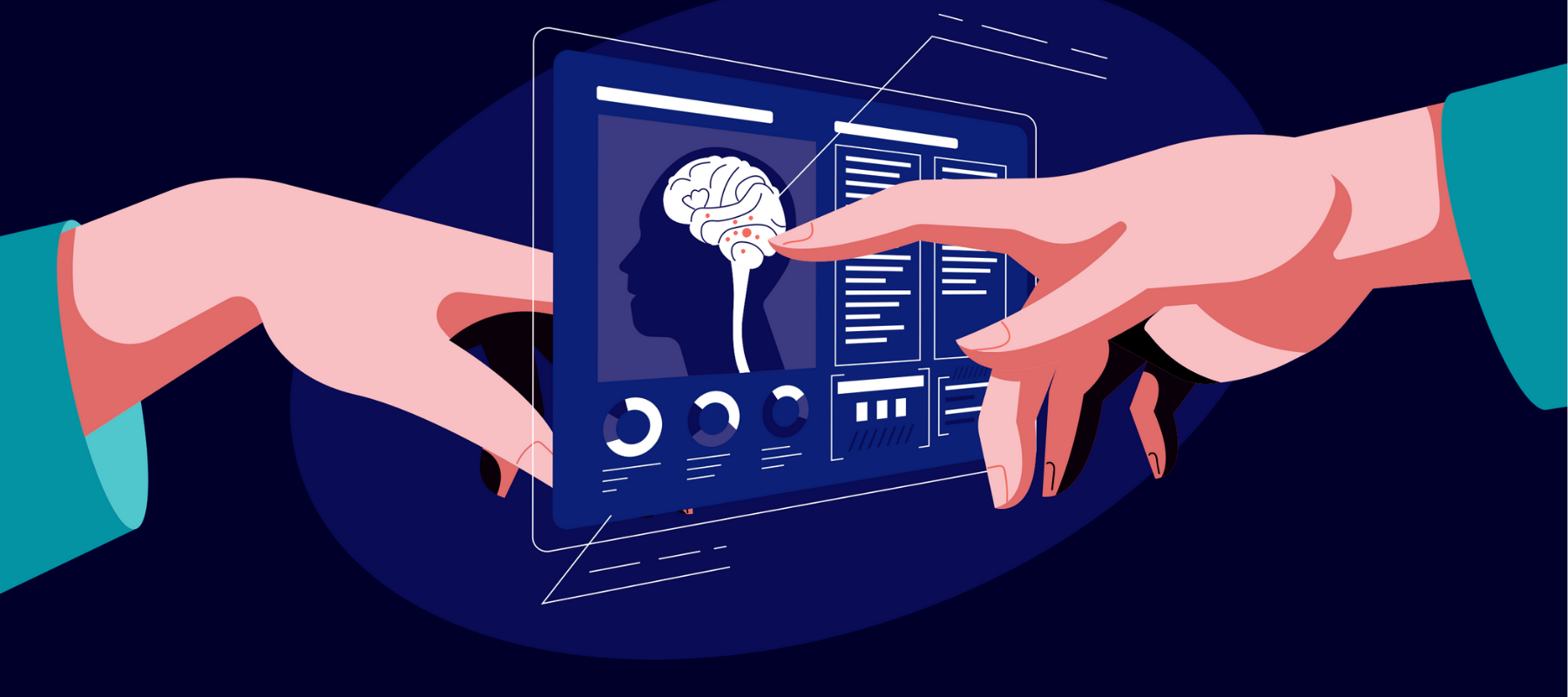In recent years, the Internet of Things (IoT) has emerged as a transformative force across various industries, revolutionizing everything from manufacturing and transportation to home automation and agriculture. Nowhere is the potential of IoT more evident than in healthcare, where connected devices and sensors are reshaping the delivery of medical care and improving patient outcomes. In this article, we will explore how IoT technologies are being leveraged to enhance the quality of healthcare through the use of sensors and communication devices.
1. Remote Patient Monitoring
One of the most significant benefits of IoT in healthcare is the ability to remotely monitor patients’ health in real-time. With the proliferation of wearable devices equipped with sensors, healthcare providers can track vital signs such as heart rate, blood pressure, and blood glucose levels without the need for frequent clinic visits. This continuous monitoring enables early detection of health issues, timely intervention, and personalized treatment plans, ultimately leading to better outcomes for patients with chronic conditions such as diabetes, hypertension, and heart disease.
2. Smart Medical Devices
IoT-enabled medical devices, such as smart inhalers, insulin pumps, and cardiac monitors, are revolutionizing the way patients manage their health conditions. These devices are equipped with sensors that collect data on patient behavior, medication adherence, and physiological parameters, which are then transmitted to healthcare providers in real-time. By leveraging this data, clinicians can make more informed decisions, optimize treatment regimens, and tailor interventions to individual patient needs, resulting in improved medication adherence, reduced hospital readmissions, and better overall health outcomes.
3. Predictive Analytics and Preventive Care
IoT technology also holds great promise for predictive analytics and preventive care. By analyzing data collected from IoT devices, healthcare providers can identify patterns, trends, and risk factors associated with various diseases and conditions. This proactive approach enables early identification of potential health threats, proactive interventions, and lifestyle modifications to prevent the onset of illness and promote wellness. From detecting early signs of infection to predicting falls in elderly patients, IoT-driven predictive analytics have the potential to revolutionize preventive care and reduce healthcare costs in the long run.
4. Enhanced Patient Engagement and Empowerment

IoT devices not only facilitate remote monitoring and data collection but also promote patient engagement and empowerment. Through mobile apps and web portals, patients can access their health data, track progress towards health goals, and communicate with their healthcare providers in real-time. This transparent exchange of information fosters a collaborative relationship between patients and providers, encourages active participation in self-care activities, and improves adherence to treatment plans. By empowering patients to take control of their health, IoT-enabled healthcare solutions promote healthier lifestyles, reduce hospital admissions, and enhance overall quality of life.
5. Data Security and Privacy Concerns
While the benefits of IoT in healthcare are undeniable, they also raise concerns about data security and privacy. With the proliferation of connected devices collecting sensitive health information, safeguarding patient data against unauthorized access, breaches, and cyberattacks is paramount. Healthcare organizations must implement robust security measures, such as encryption, authentication, and access controls, to protect patient privacy and comply with regulatory requirements, such as the Health Insurance Portability and Accountability Act (HIPAA). By prioritizing data security and privacy, healthcare providers can build trust with patients, mitigate risks, and ensure the integrity and confidentiality of health information.
As the healthcare industry continues to embrace digital transformation, the Internet of Things (IoT) holds immense promise for improving the quality, accessibility, and efficiency of medical care. From remote patient monitoring and smart medical devices to predictive analytics and patient engagement, IoT technologies are reshaping the healthcare landscape and revolutionizing the way we deliver and receive healthcare services. While challenges such as data security and privacy remain, the potential benefits of IoT in healthcare are undeniable, offering hope for a future where personalized, proactive, and patient-centered care is the norm.


